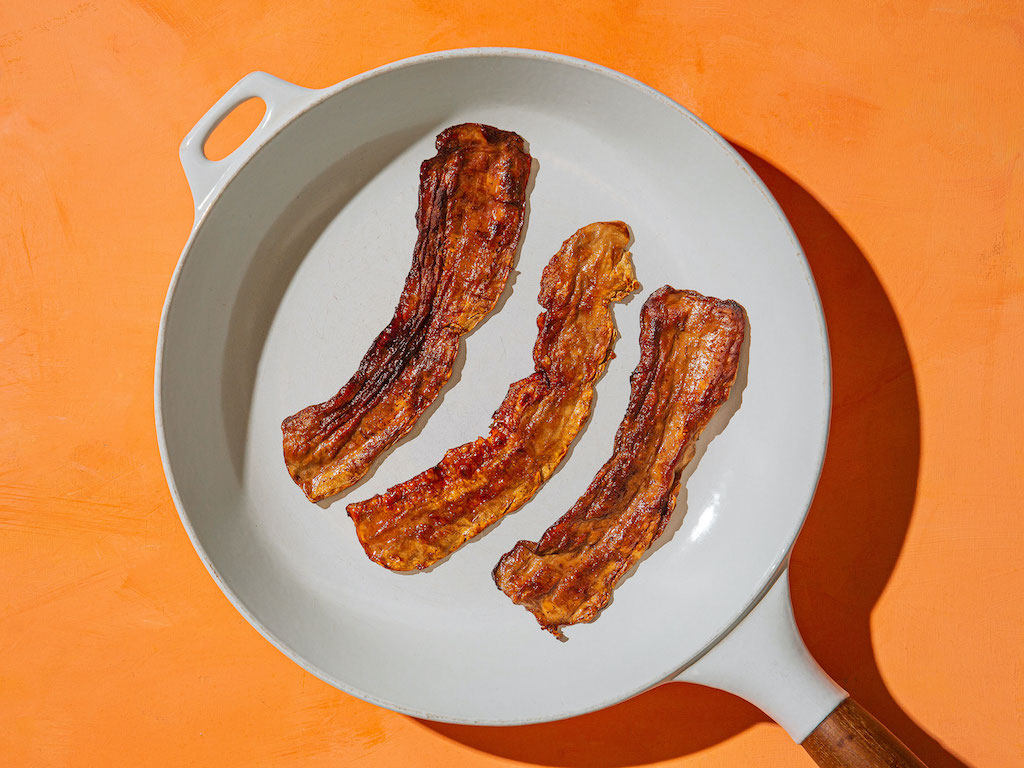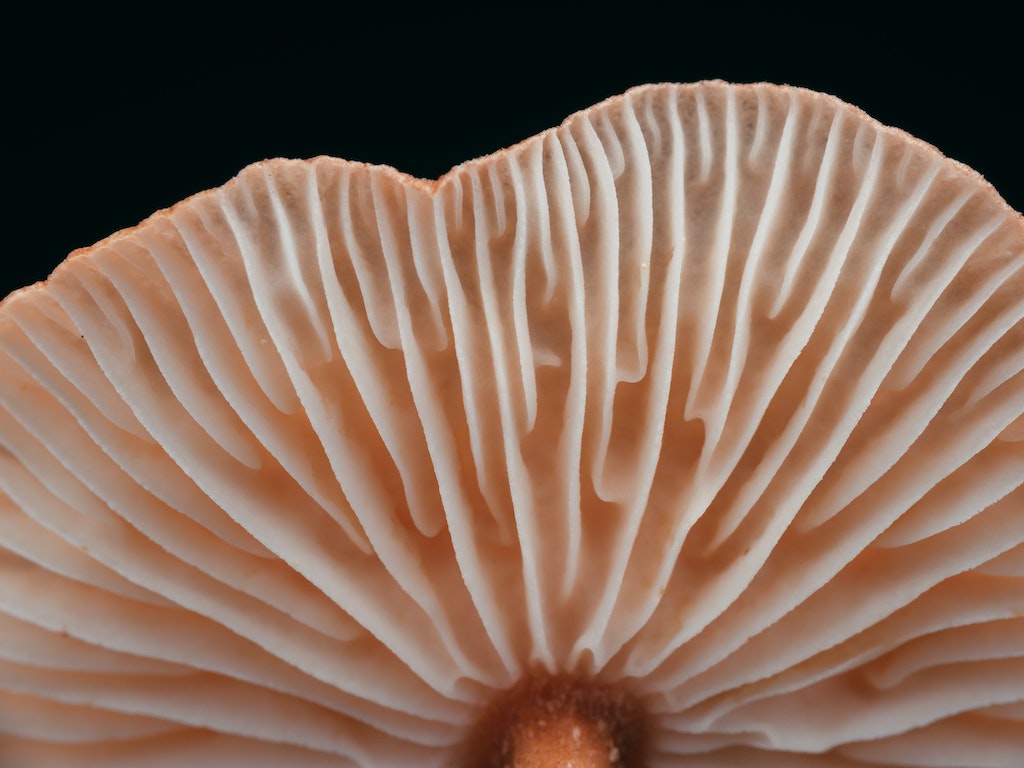This Israeli Startup Says Its Mycelium Ingredient Makes Vegan Meat Tastier and Healthier
3 Mins Read
Mush Foods, an Israeli food tech developing mycelium, believes its flagship ingredient could be the answer to upgrading existing alternative proteins. Based in Tel Aviv, the startup uses fermentation and AI to efficiently produce its fungi-based ingredient, which it says could make everything from plant-based dairy to vegan steak tastier, healthier and more sustainable.
Mush Foods wants to help accelerate the alternative protein movement. But it isn’t focused on creating its own. Instead, the Tel Aviv-based startup wants to help other food producers create better-tasting, more sustainable products. Its answer is mycelium, which is derived from fungi, and can be incorporated into a wide variety of alternative proteins, from dairy and egg substitutes to meats.
Tastier and healthier alt-proteins with mycelium

Mush Foods believes that adding mycelium could boost the taste, texture, cost and nutritional value of products, which could ultimately help persuade consumers to make the switch away from unsustainable animal proteins.
Sharing more about the company’s vision, CEO and founder Shalom Daniel said: “Animal meat consumption per capita is still growing, and that is because in terms of taste, texture, nutrition and price, current solutions are yet to [satisfy consumers].” Daniel was speaking at the FoodTech IL event held in Israel recently.
Mycelium would help fill these gaps, helping companies create less processed, healthier and realistic alternatives to animal products. It wants to sell its edible mushroom mycelium via B2B to companies in the plant-based industry, as well as hybrid meat makers.
“We harness the fantastic power and innate intelligence of mushrooms to face future global challenges and provide sustainable ground-breaking food solutions for the future of food,” explained Daniel.

AI-powered production
According to Mush Foods, its proprietary mycelium manufacturing process enables dramatic reductions in the footprint of alternative proteins. This is because it uses artificial intelligence (AI) to create an algorithm that can best determine how much growth media is required and the ideal growing conditions needed to produce an exact order of mycelium.
“That way, we can produce in a repeatable and accurate manner,” Daniel is quoted as saying in Food Navigator, adding that this ensures a reliable, yet cost-effective ingredient to sell to food producers. The final mycelium product is a complete protein, is allergen-free, vegan, and acts like a natural binder that boasts “meaty flesh textures”.
Currently, the firm is fuelled by $1 million pre-seed funding and is set to develop its first prototypes by February 2022. It wants to commercialise its mycelium ingredient by October next year.

Betting on mycelium
A handful of startups are already harnessing the power of mycelium to create more realistic vegan meats. Based in Colorado, Meati Foods has already debuted a lineup of fungi-powered mycelium jerky and whole-cut vegan chicken breast.
Over in New York, Atlast Food Co. has made a name for itself for its mycelium-powered pigless bacon, and is now racing to launch even more mycelium alternative protein products after securing $40 million in funding earlier this year.
Spanish startup Libre Foods is a relatively new entrant in the space, currently focused on growing whole-cut steak, poultry and seafood from filamentous fungi.
All images courtesy of Unsplash, unless otherwise credited.




